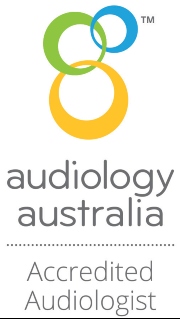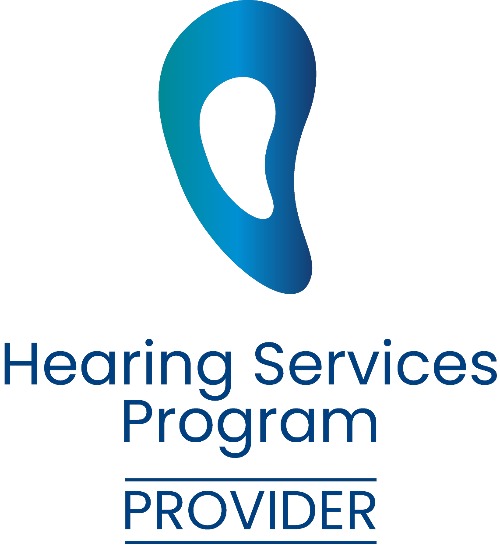Dementia & Hearing Loss
Dementia is not just memory loss
It is crucial to raise awareness and expand public understanding of Alzheimer’s disease and other types of dementia. Over 55 million people are currently living with dementia, a number that continues to grow. This condition is projected to affect at least 250 million people globally, with societal costs exceeding 1.3 trillion dollars annually.
Dementia, once seen merely as 'forgetfulness in the elderly,' is now recognised as a serious condition that goes beyond normal aging. It includes various progressive brain disorders that affect memory, cognition, behavior, and emotions, with Alzheimer's disease being the most common, accounting for up to 60% of cases. Symptoms often include memory loss, difficulty with communication, trouble performing routine tasks, and changes in personality and mood.
Hearing loss key contributor to Dementia
Hearing loss is increasingly acknowledged as a significant risk factor for dementia, with the Lancet Commission identifying it as the most notable modifiable risk factor. Approximately 8% of the modifiable risk for dementia is attributed to hearing loss. However, while research is ongoing, and the connection between hearing loss and cognitive decline is not yet fully understood, hearing aids can improve communication and overall well-being.

Although dementia is currently incurable, there are treatments and support options available to manage symptoms and maintain quality of life. Lifestyle changes and societal adjustments can help reduce the risk of dementia. Research highlights 12 modifiable risk factors, which, if addressed, could potentially prevent or delay up to 40% of dementia cases.
Hearing aids effectively manage hearing loss
To support healthy aging and living, it is essential to improve public and medical understanding of dementia and related conditions like hearing loss. The World Health Organization recommends hearing screening and the provision of hearing aids for older adults to manage hearing loss effectively and potentially mitigate its impact on brain health.

12 modifiable risk factors for dementia
- Physical inactivity
- Smoking
- Excessive alcohol consumption
- Air pollution
- Head injury
- Infrequent social contact
- Less education
- Obesity
- Hypertension
- Diabetes
- Depression
- Hearing impairment
Source: Livingston, G., Huntley, J., Sommerlad, A., Ames, D., Ballard, C., Banerjee, S., … Mukadam, N. (2020). Dementia prevention, intervention, and care: 2020 report of the Lancet Commission. The Lancet, 396:413-46. doi:10.1016/S0140- 6736(20)30367-6
Latest News
-
Flying with rechargeable hearing aids and portable chargers
Airlines ban use of portable power banks on flights As of December 2025, the use of portable power …2nd Dec 2025 -
Hear the Joy of Christmas + Oticon $1200 Extra Value
Hear the Joy of Christmas Experience next-generation hearing technology for less, with our Oticon I …6th Nov 2025 -
Phonak Audéo Infinio Ultra Sphere hearing aids
Ultra Infinio Upgrade The latest release Phonak Infinio Ultra extends Phonak's Infinio platform, del …23rd Oct 2025




























